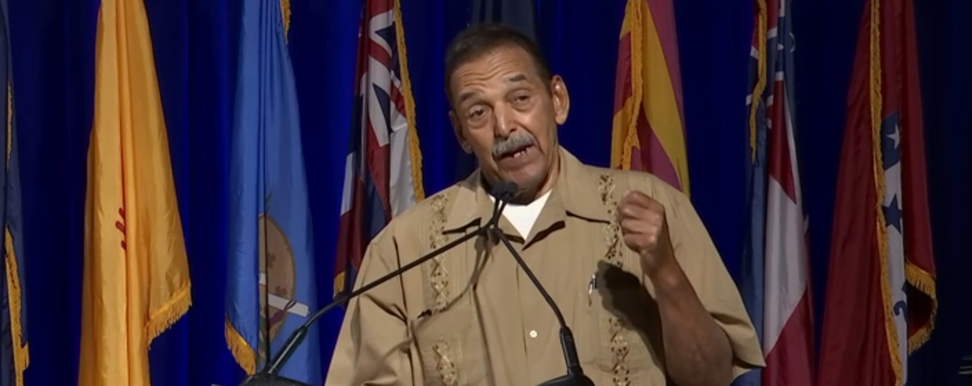

Media
Media
Share this page:
In the News
News media coverage of the Environmental Justice Health Alliance for Chemical Policy Reform and our affiliated and allied organizations.
Deidre Nelms
(802) 251-0203 ext. 711
dnelms[at]comingcleaninc.org
Related News
Gutting chemical safety board endangers millions of Americans, groups warn Congress
A coalition of environmental, labor and public safety groups are calling on US lawmakers to reject the Trump administration’s move to eliminate a federal unit that investigates chemical accidents, citing risks to more than 170 million people who lives in zones at risk for such events. In a July 17 letter to leaders in the US House and Senate, the coalition said the White House plan to eliminate the US Chemical Safety and Hazard Investigation Board (CSB) comes at a time when there have been at least 105 “serious chemical disasters” reported so far this year.
Read MoreTrump gives Louisville plant more time to address pollution. Homes sit 500 feet away
August 5, 2025
Bakelite Synthetics, the only major source of formaldehyde emissions in Jefferson County, will have more time to comply with Biden-era pollution control requirements following a Trump proclamation. The plant neighbors the Riverside Gardens community, where residents have raised concerns about chemical emissions and other hazards in the past. "This would be the perfect time for this city to strengthen that permit in an effort to reduce our exposure to any of the chemicals coming from Bakelite," Eboni Cochran, a longtime environmental justice advocate with Rubbertown Emergency ACTion, or REACT, said in a text message. "There are solutions," Cochran said. "The city just needs to have enough will and courage to protect its residents."
Read MoreYear-long study reveals toxic chemicals in popular dollar store products
May 8, 2025
A new year-long study from the Campaign for Healthier Solutions (CHS) claims that many popular products found at the biggest dollar store chains across the country contain toxic chemicals. The report showed that nearly 50 personal care, baby, beauty, and cleaning products were found to have toxic chemicals. Many of these products were kids’ toys or baby products, which raises concerns for parents – especially parents of young kids, who often put things in their mouths."Busy parents shouldn't have to scan the ingredients list of every product they buy to make sure it's safe for our families,” Yolanda Brown Alston, director of workforce programs at Harambee House, said in a news release. “Dollar stores need to step up on chemical safety and provide quality products that add value to our communities.”
Read MoreTrump administration considers rolling back chemical plant safeguards
March 7, 2025
“It would mean a real disservice to communities, first responders and workers,” said Adam Kron, an attorney with Earthjustice. “It would put them in greater harm’s way from these chemical disasters.” Earthjustice is part of a coalition of environmental groups that tracks chemical disasters. This coalition has found that since January 2021, there have been more than 1,100 chemical incidents. The news of a potential rewrite comes days after Trump’s address to a joint session of Congress, in which he vowed to take on toxic chemicals, saying, “our goal is to get toxins out of our environment, poisons out of our food supply and keep our children healthy and strong.” Yet that rhetoric also comes as Trump has pledged broad deregulatory action, which could clash with upholding chemical safeguards.
Read MoreChemical Companies Pushing to Hide Information on Potential Disasters
February 7, 2025
"The chemical industry is asking the Environmental Protection Agency ... to hide chemical facilities at the highest risk of disaster and their safety records from public view." This story in The Lever highlights Coming Clean's and EJHA's report on "Chemical Incident Tracking 2021-2023," part of our decade-long collaboration to prevent chemical disasters.
Read MoreMedia Share this page: |
What Is Environmental Justice? | Campaign for Healthier Solutions | Campaign for Healthier Solutions |
THE ENVIRONMENTAL JUSTICE HEALTH ALLIANCE IS IN STRATEGIC PARTNERSHIP WITH COMING CLEAN
info@comingcleaninc.org • (802) 251-0203 • EJHA – Coming Clean, 28 Vernon Street, Suite 434, Brattleboro, VT 05301
© 2025 Coming Clean Inc.




